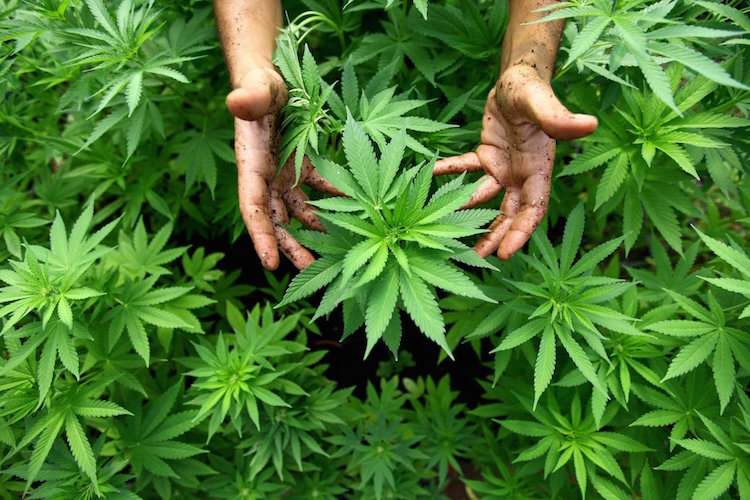Marijuana Legalization Reduces Opioid Deaths

A new Economic Inquiry study finds that marijuana access leads to reductions in opioid-related deaths.
The study examined how the changing legal status of marijuana has impacted mortality in the United States over the past two decades.
Investigators found that legalization and access to recreational marijuana reduced annual opioid mortality in the range of 20% to 35%, with particularly pronounced effects for synthetic opioids.
The research extends prior findings that medical marijuana laws reduce opioid mortality rates.
The findings are timely given the scale of the opioid epidemic in the United States and growing calls for marijuana legalization throughout North America.
[do_widget id=text-16]
“Recreational marijuana laws affect a much larger population than medical marijuana laws, yet we know relatively little about their effects.” said co-author Nathan W. Chan, PhD, of University of Massachusetts Amherst.
“Focusing on the recent wave of recreational marijuana laws in the U.S., we find that opioid mortality rates drop when recreational marijuana becomes widely available via dispensaries.”
Abstract
This study documents how the changing legal status of marijuana has impacted mortality in the United States over the past two decades.
We use a difference‐in‐difference approach to estimate the effect of medical marijuana laws (MML) and recreational marijuana laws (RML) on fatalities from opioid overdoses, and we find that marijuana access induces sharp reductions in opioid mortality rates.
Our research corroborates prior findings on MMLs and offers the first causal estimates of RML impacts on opioid mortality to date, the latter of which is particularly important given that RMLs are far more expansive in scope and reach than MMLs.
In our preferred econometric specification, we estimate that RMLs reduce annual opioid mortality in the range of 20%–35%, with particularly pronounced effects for synthetic opioids.
In further analysis, we demonstrate how RML impacts vary among demographic groups, shedding light on the distributional consequences of these laws.
Our findings are especially important and timely given the scale of the opioid crisis in the United States and simultaneously evolving attitudes and regulations on marijuana use.
Sources:
Journal Article
Subscribe to Natural Blaze for health freedom and natural living headlines to your inbox. Follow Natural Blaze on Twitter and Facebook.


